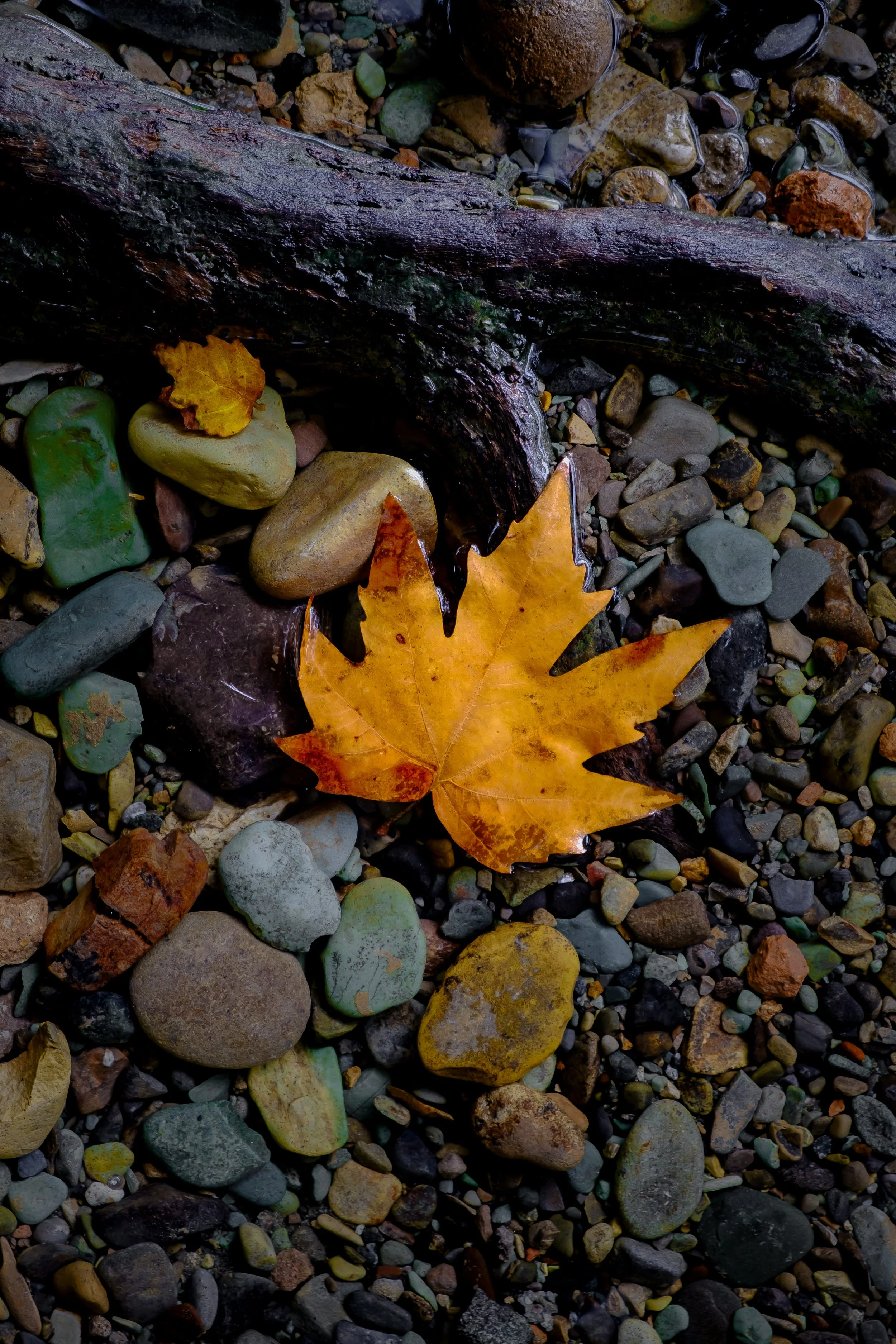
HOW TO POET
How to Poet is a blog designed to shamelessly attract attention to poetry!
If you’ve ever wondered how to poet then get ready to scroll, like, and share because this algorithm-approved content is for you.

We tend to imagine poets and investors as opposites: one traffics in metaphor, the other in metrics. Yet beneath their different vocabularies lies a shared obsession–with pattern, probability, and perception. What if poetry were not a distraction from rational thinking, but the discipline that keeps it honest?
Revision is a matter of addressing questions about the work and how to best change it. The next time you’re bashing your head against a stanza, try taking a look at these.
Here's what nobody tells you about writing poetry: the best material comes from the people you actually know. Your mother's hands. Your ex's laugh. That friend who ghosted you. But turning real people into poems is like walking through a minefield blindfolded—one wrong step and you've blown up the relationship or perhaps the dinner table.
I didn’t plan on becoming the sort of person who tries to hold the world together with bobby pins, lace memories, and the last cold Snapple in the fridge. I really did think I’d grow into someone sensible—someone who solved crises with calm emails and well-timed phone calls. But life kept dropping small, startled objects at my feet, and every time I bent down to collect one, it whispered a story I didn’t know I needed.
Don’t simply gift the poem, make sure to wrap it with sensory details that capture what you love most about the recipient. Title it with all the things! For the naysayer, shift the tone. For the music-lover, emphasize rhythm. For the Tik Tok influencer, affirm the desire to riff on (and off) anything. For the person who already has everything, embrace the sparseness of form.
The em dash is a hallmark of emotion in writing, especially in our beloved field of poetry. Whether you’re using it as a structural aspect of form or for expression of your most thoughtful ideas, the em dash carries its weight in gold. However, with the rise of AI tools like ChatGPT and Perplexity, em dashes have become a sign of AI writing. This creates a problem for a few reasons:
Translated from Spanish, String Theory is a long autobiographical poem about the suicide —by hanging– of Karen Villeda’s aunt of the same name. Published by Cardboard House Press in March 2024, the collection delves into themes like attachment, identity, connotations of suicide, femininity, and sexism.










Poetry is not a deep mystery. If you don’t get a poem, it’s not because you’re missing a secret everyone else understands. Here’s what you actually need to know about reading poetry.